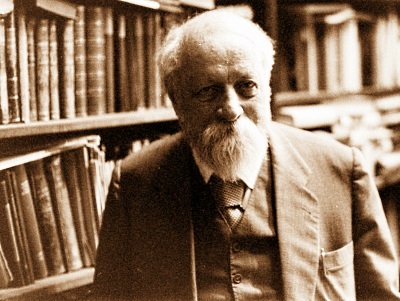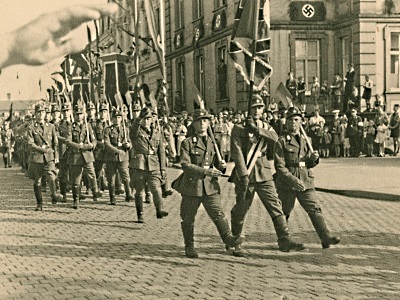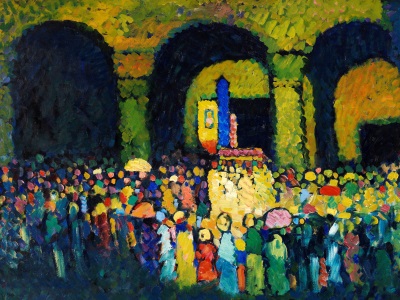Bonhoeffer was a leading theologian of the Confessing Church, a movement among German Protestants to oppose the formation of a state church by the Third Reich. Beyond the limits of the church’s crisis, he was exceptionally attuned to political developments, and he demonstrated an unusual openness to questions of pacifism and conscientious objection and towards smaller Christian groups.
Hardy reported to his father (Eberhard Arnold) that Bonhoeffer wanted “to start a fellowship with some of the students based solely on the Sermon on the Mount” – similar to the beginnings of the Bruderhof. Hardy continued: In late 1933, Martin Niemöller had reported to Bonhoeffer on his conversation with two Bruderhof members, Hannes Boller and Hans Meier. As a result, there was substantial correspondence between Bonhoeffer, who at the time was working as a pastor in London, and Hardy Arnold.
We agree with B[onhoeffer] on the essential issues: 1) Lack of possessions, management of the assets by the “community”; 2) Nonviolence. Only, he does not yet seem to have grasped the question of the community as a flock gathered by the Holy Spirit. Perhaps you can help him. I have also given him the chapter about the Holy Spirit from Inner Land.1
Following this interest, and perhaps in recognition of the community’s financial straits, Hardy reported that “Bonhoeffer bought all the volumes of primary sources from me.”
Bonhoeffer hoped to visit the Rhön Bruderhof (and, as he discussed with Hardy, Mahatma Gandhi in India – a mutually inspiring figure), but these plans were never realized. Bonhoeffer’s duties as pastor in London and his involvement in asserting the German Protestant Church’s independence from the new regime kept him too busy to allow for a visit before he went underground in 1935 to run the Confessing Church’s secret seminary in Finkenwalde.
Adapted from an unpublished translation of Thomas Nauerth’s book: Zeugnis, Liebe und Widerstand: Der Rhönbruderhof 1933-1937 (Paderborn, Germany: Ferdinand Schöningh, 2018).
1. Hardy Arnold to Eberhard Arnold, June 14, 1934.


